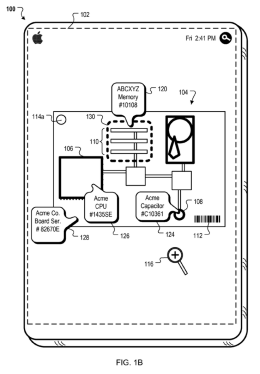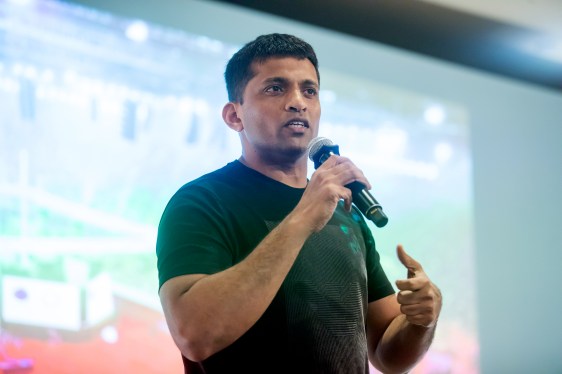Introduction
In a bid to further enhance the capabilities of generative AI models, OpenAI is expanding its Custom Model program. This initiative was first launched last year at the company’s inaugural developer conference, DevDay. The program allows enterprise customers to work with a team of dedicated OpenAI researchers to train and optimize models for specific domains, use cases, or applications.
Since its inception, dozens of customers have enrolled in the Custom Model program. However, in working with this initial batch of users, OpenAI has come to realize the need to grow the program further to maximize performance.
Assisted Fine-Tuning: A New Component of the Custom Model Program
To address this need, OpenAI is introducing a new component called assisted fine-tuning. This technique leverages advanced methods beyond traditional fine-tuning, including additional hyperparameters and parameter-efficient fine-tuning methods at larger scales. The goal is to enable organizations to set up data training pipelines, evaluation systems, and other supporting infrastructure that can help bolster model performance on specific tasks.
Assisted fine-tuning aims to make it easier for companies to fine-tune their models, even if they lack the necessary expertise or resources. By providing a more streamlined and accessible process, OpenAI hopes to reduce the barrier to entry for organizations looking to develop custom AI models.
Custom-Trained Models: A Key Aspect of the Expanded Program
In addition to assisted fine-tuning, OpenAI is also expanding its offerings to include custom-trained models. These are bespoke models built using OpenAI’s base models and tools (such as GPT-4) for customers that require more in-depth fine-tuning or domain-specific knowledge.
For instance, SK Telecom, a Korean telecommunications giant, worked with OpenAI to fine-tune GPT-4 for improved performance in telecom-related conversations in Korean. Similarly, Harvey, an AI-powered legal tool provider supported by the OpenAI Startup Fund, collaborated with OpenAI to create a custom model for case law that incorporated hundreds of millions of words of legal text and feedback from licensed expert attorneys.
The Future of Customized Models
OpenAI is optimistic about the potential of customized models to transform the way organizations develop and implement AI solutions. In a blog post, the company writes:
"We believe that in the future, the vast majority of organizations will develop customized models that are personalized to their industry, business, or use case. With a variety of techniques available to build a custom model, organizations of all sizes can develop personalized models to realize more meaningful, specific impact from their AI implementations."
Business Implications and Industry Trends
OpenAI’s expansion of the Custom Model program comes at an exciting time for the company. With reportedly nearing $2 billion in annualized revenue, OpenAI is under pressure to maintain its growth trajectory. Consulting work like custom model training might be just what the company needs to keep revenue growing while it plots its next moves.
Moreover, fine-tuned and custom models could help alleviate the strain on OpenAI’s model serving infrastructure. Tailored models are often smaller and more performant than their general-purpose counterparts, making them an attractive solution for organizations with compute capacity constraints.
New Features for Developers Working with GPT-3.5
In conjunction with the expanded Custom Model program, OpenAI has unveiled new features for developers working with GPT-3.5. These include:
- Improved fine-tuning capabilities: Assisted fine-tuning enables organizations to fine-tune their models more easily and efficiently.
- Enhanced model customization: Custom-trained models allow customers to develop bespoke AI solutions tailored to their specific needs.
- Simplified development process: The expanded program aims to make it easier for companies to develop custom AI models, even if they lack the necessary expertise or resources.
By expanding its Custom Model program and introducing new features for developers working with GPT-3.5, OpenAI is once again pushing the boundaries of what’s possible with generative AI models.
What does this mean for you?
As an organization looking to develop custom AI solutions, this expansion offers a unique opportunity to leverage OpenAI’s expertise and resources. With the ability to fine-tune your models more easily and efficiently, you can unlock new levels of performance and accuracy in your applications.
Whether you’re working on a specific use case or industry-related project, OpenAI’s Custom Model program is here to help. Don’t miss out on this chance to transform your organization with tailored AI solutions!
Get started today
To learn more about the expanded Custom Model program and how it can benefit your organization, visit OpenAI’s website.
By embracing the power of customized models, you can drive meaningful impact from your AI initiatives.



